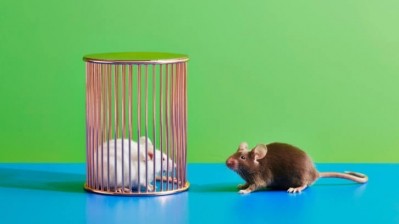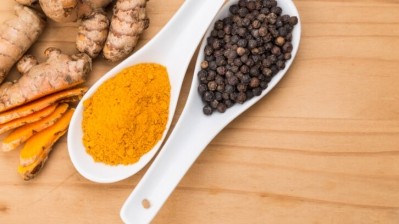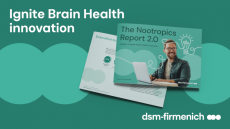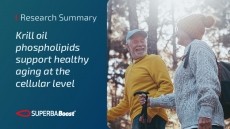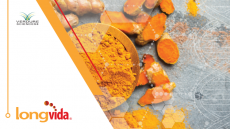RCT supports Sabinsa’s Ashwagandha for stress management in healthy adults

Data published in Medicine indicated that 60 days of supplementation with Sabinsa’s Shagandha-branded Ashwagandha root ingredient decreased cortisol and increased serotonin levels in the study’s 50 healthy people.
“The result of this study suggests that ARE [Ashwagandha root extract] (Shagandha, standardized for 2.5% withanolides) at 500 mg with 5 mg of 95% piperine once a day could induce positive effects on stress and anxiety and improve the quality of life in healthy individuals with mild to moderate stress,” wrote researchers, led by Dr. Muhammed Majeed, the Founder and Chairman of Sabinsa Corporation.
“A significant improvement could be observed in cognitive tasks, multitasking, and concentration in comparison to placebo,” they added.
Demand
Ashwagandha (Withania somnifera) has a history of use in ayurvedic medicine that dates back as much as 4,000 years to the teaching of renowned scholar Punarvasu Atreya, and in subsequent works that make up the ayurvedic tradition, according to a monograph from the American Herbal Pharmacopoeia (AHP). The name of the herb derives from Sanskrit, and means “smells like a horse”, which refers to the strong smell of the root which is said to be redolent of horse sweat or urine.
Ashwagandha root is a well-known adaptogen — a substance believed to increase the body’s ability to adapt to different forms of stress.
According to HerbalGram’s Herb Market Report, sales of herbal supplements with Ashwagandha hit $92 million in the US Mainstream Multi-Outlet Channel for 2021, an increase of 226% over the previous year. This surge saw ashwagandha leap to number 7 on the best-selling list in the mainstream channel. In 2019, the herb was only number 33 in this channel.
An additional $16.7 million in sales were reported from the Natural Channel (an increase of 23% from 2020).
Study details
Dr Majeed and his co-workers recruited 54 healthy people to participate in their double-blind, placebo-controlled study. The volunteers were randomly assigned to receive 500 mg of Shagandha plus 5 mg of 95% piperine per day, or placebo, for 60 days. Stress was assessed using the perceived stress scale (PSS), anxiety was measured using the generalized anxiety disorder (GAD-7), while cognitive function was tested using the Cambridge Neuropsychological Test Automated Battery (CANTAB). The researchers also measured salivary cortisol, urinary serotonin, dopamine, serum levels of nitric oxide (NO), glutathione (GSH) and malondialdehyde (MDA) at the start and end of the study.
Results for the 50 people who completed the study indicated that stress (PSS) and anxiety (GAD-7) scores improved in all the people in the Ashwagandha group, but only 40% and 20% of the people in the placebo group.
In addition, quality of life (QOL) scores improved significantly in everyone in the Ashwagadha group, compared to the placebo.
CANTAB revealed that the ashwagandha group also experienced significant improvements in multitasking, concentration, and decision taking time, compared to placebo.
Dr Majeed and his co-workers also report greater reductions in the morning salivary cortisol and increases in urinary serotonin in the ashwagandha root extract group, compared to placebo. On the other hand, no significant differences between the groups were recorded for serum levels of NO, GSH, and MDA.
“The results of the study were comparable to earlier studies conducted with ashwagandha extracts containing a higher quantum of withanolides,” they wrote.
Source: Medicine
2023; 102:41(e35521), doi: 10.1097/MD.0000000000035521
“A standardized Ashwagandha root extract alleviates stress, anxiety, and improves quality of life in healthy adults by modulating stress hormones: Results from a randomized, double-blind, placebo-controlled study
Authors: M. Majeed, et al.

